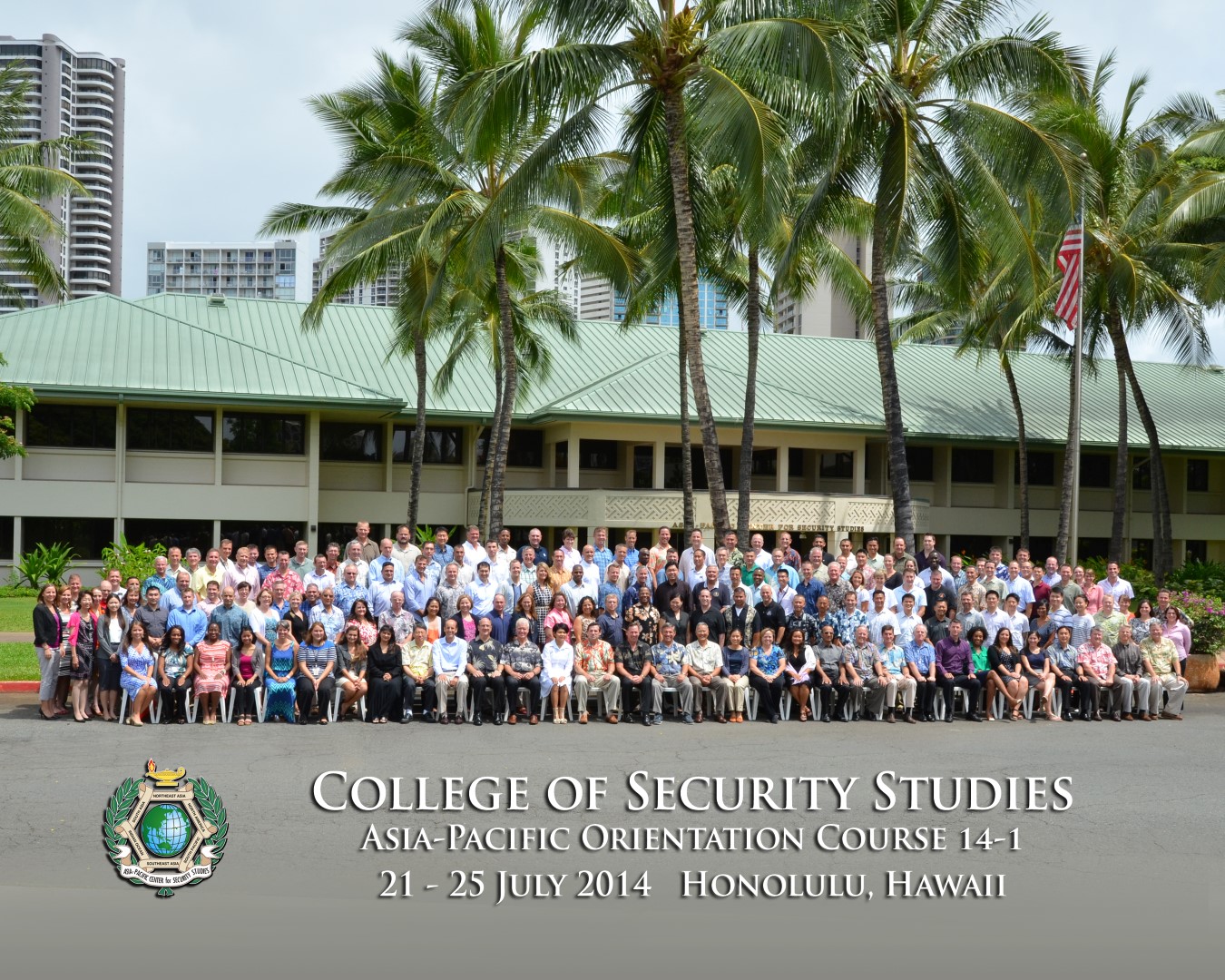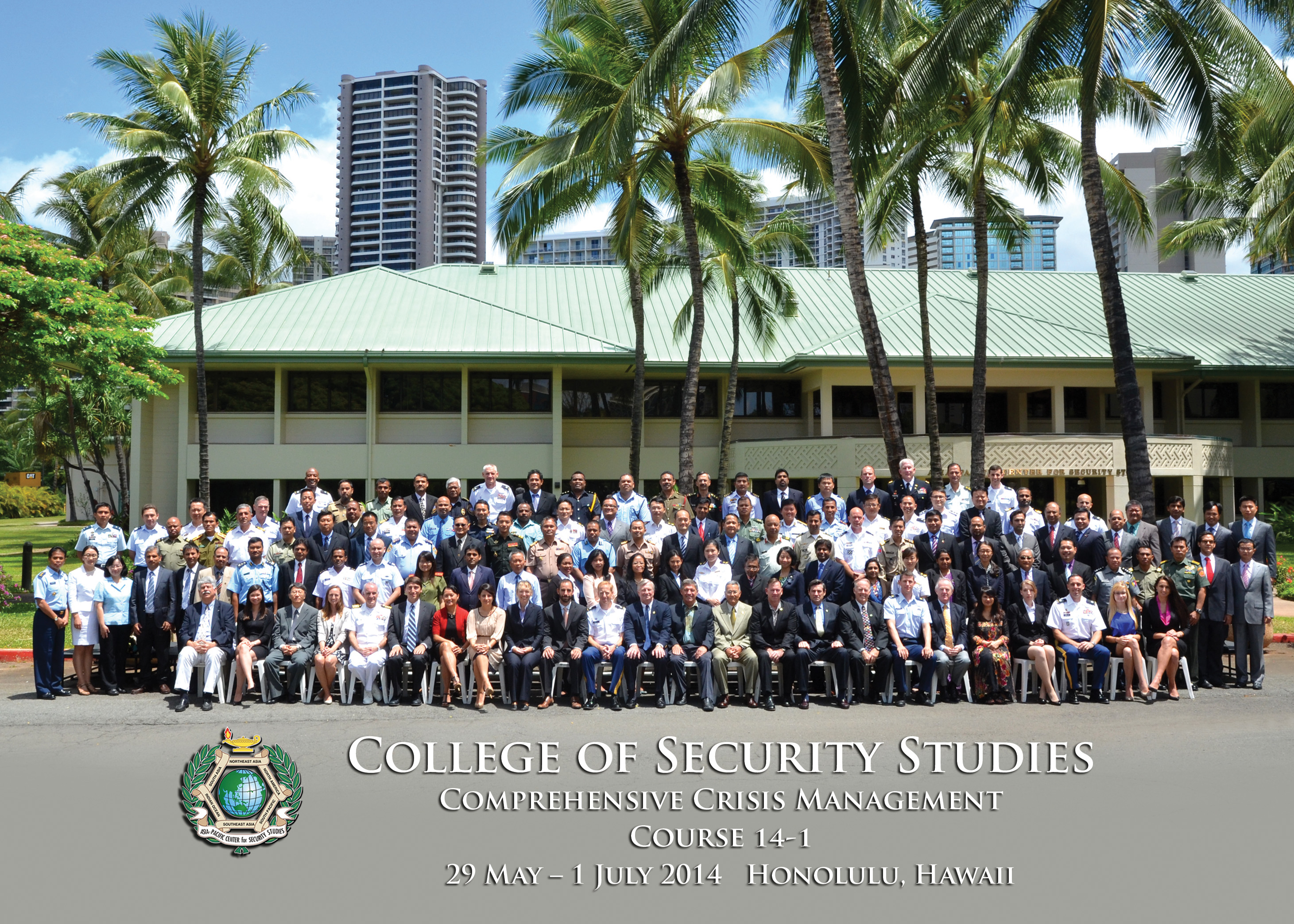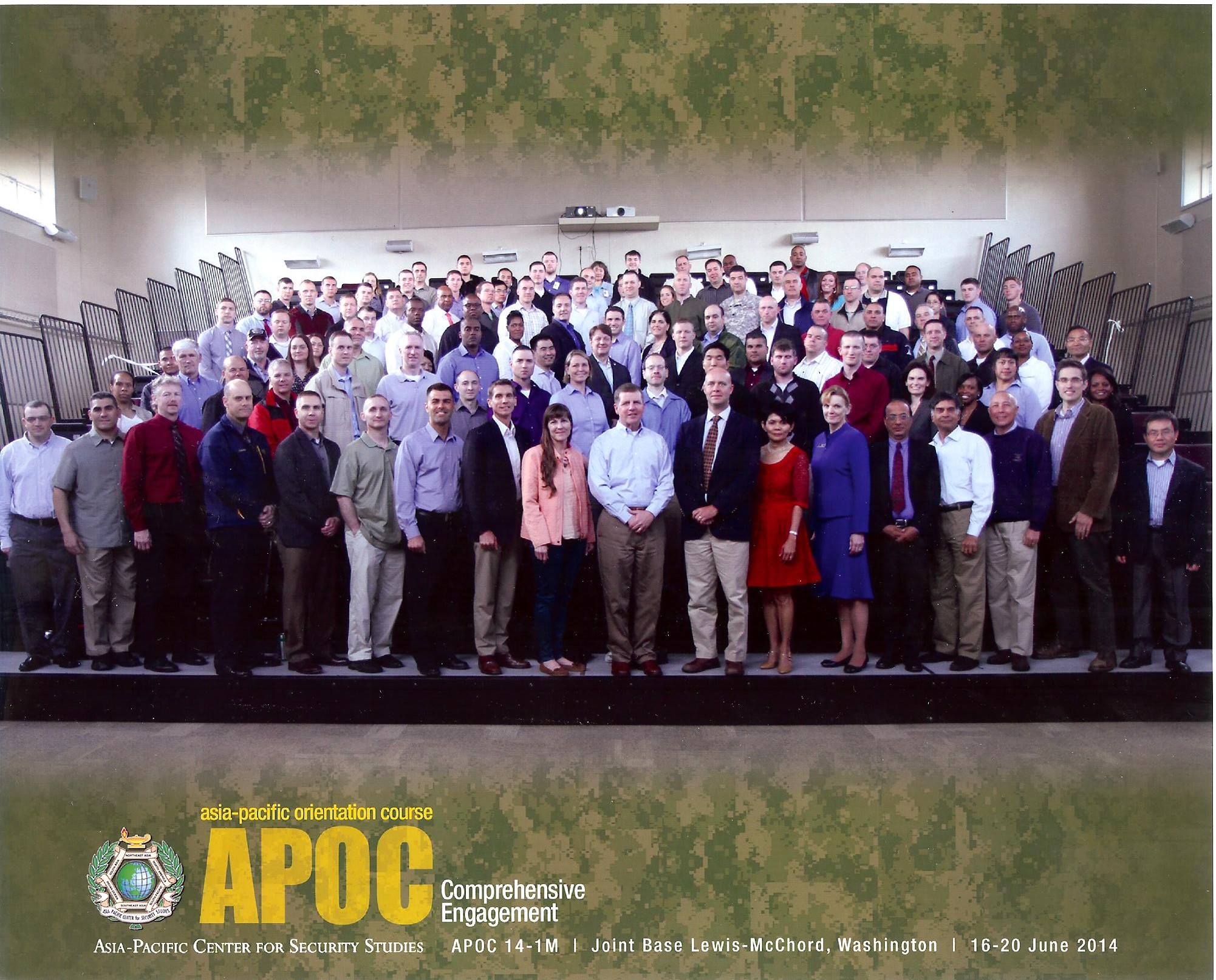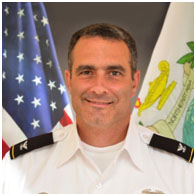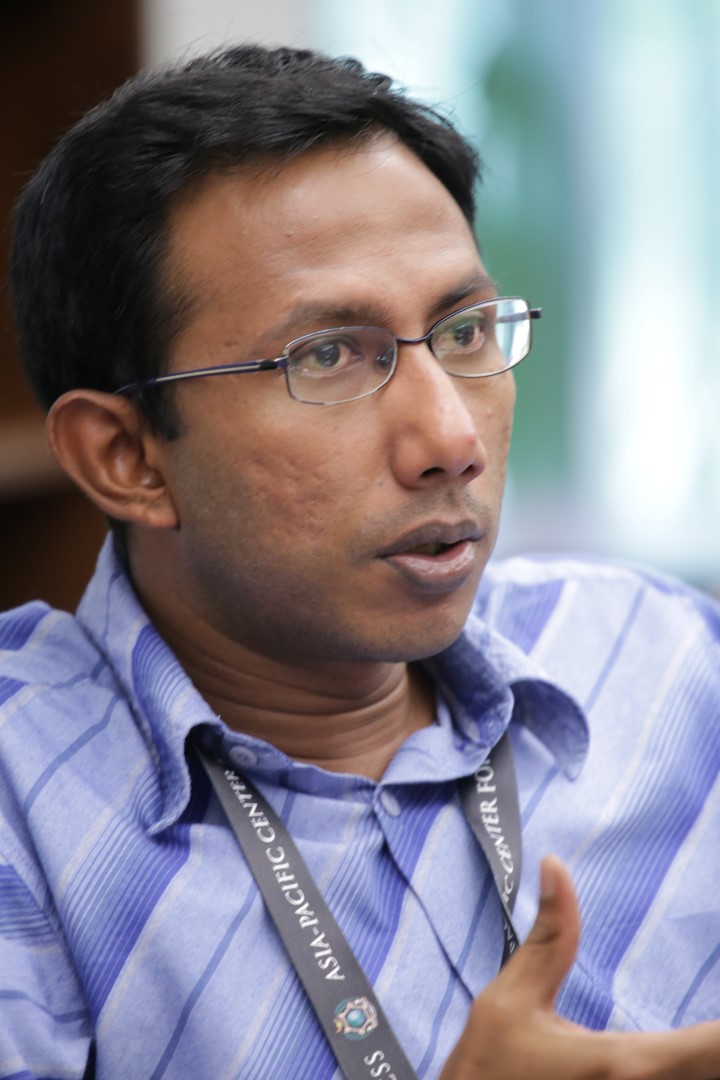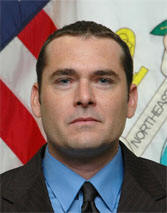APCSS Courses
United States Helps Advance Pacific Islands Regional Security Cooperation
APCSS Dean Carleton Cramer provides opening remarks at the “Regional Security Governance and Architecture in the Pacific Islands Region: Priorities for a Resilient Future” workshop in Port Vila, Vanuatu. On August 4 through 8, the Asia-Pacific Center for Security Studies (APCSS), in partnership with the Pacific Institute of Public Policy (PIPP) and the U.S. Pacific Command, will host a workshop in Port Vila, Vanuatu titled “Regional Security Governance and Architecture in the Pacific Islands Region: Priorities for a Resilient Future.” Security practitioners from 20 locations and 10 international organizations are expected to participate in this workshop, which will examine [...]


